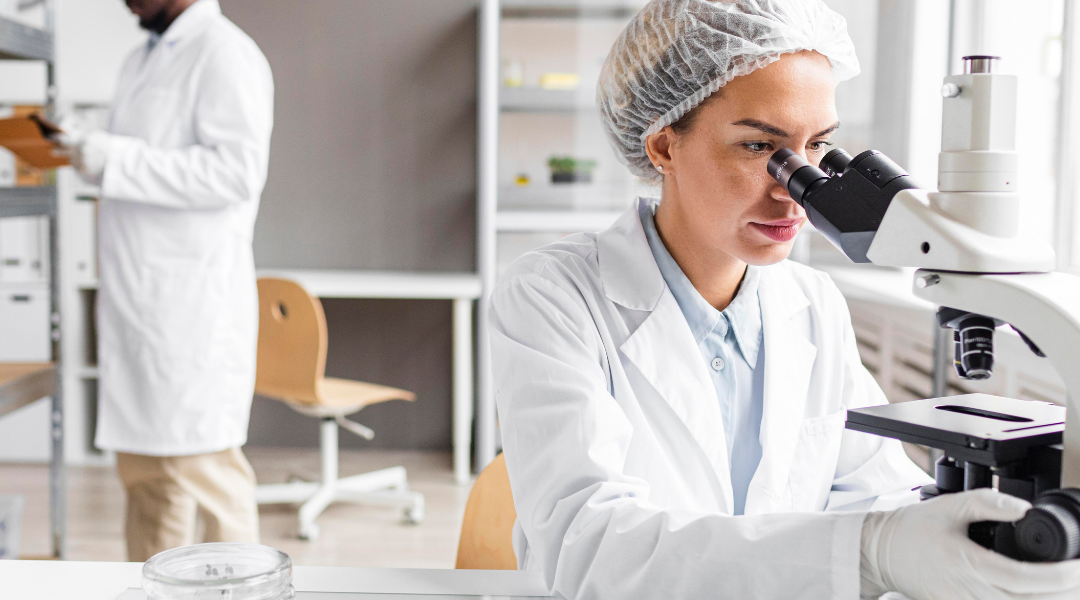In healthcare, laboratory services are a critical component that supports diagnosis, treatment planning, and patient care. Best practices for efficient laboratory management in healthcare are essential to ensure timely and accurate results, smooth workflows, and optimized resource utilization. Whether you’re running a large hospital lab or a small clinic lab, implementing these strategies is key to delivering high-quality healthcare services.
Coordinating Lab Processes for Optimal Management
Laboratory management involves the coordination of various processes, from sample collection and testing to result interpretation and reporting. It also includes resource management, quality control, compliance, and workforce optimization. A well-managed laboratory can significantly impact patient outcomes by providing fast and reliable diagnostic services. Effective lab management also ensures that operations are cost-effective while maintaining high standards of accuracy and safety.
Addressing Key Challenges in Laboratory Operations
Healthcare laboratories face several challenges that can affect efficiency and service quality:
Resource Constraints:
Limited budgets, staff shortages, and equipment issues can hamper lab productivity. Efficient resource allocation is vital to overcoming these challenges.
Quality Assurance: Maintaining high accuracy in test results while meeting regulatory requirements is crucial. Quality control programs are necessary to ensure that the lab consistently delivers reliable results. Detailed article from Clinical Laboratory Standards Institute (CLSI) that discusses quality control protocols and standards for medical labs.
Turnaround Time (TAT):
Reducing the time from sample collection to result reporting is a constant goal for labs. Delays can affect patient care and overall satisfaction.
Data Management:
Handling large volumes of data, from patient information to test results, requires robust data management systems that ensure accuracy, security, and accessibility.
Compliance and Accreditation: Laboratories must adhere to strict regulatory standards and achieve accreditation to operate legally. This involves regular audits, documentation, and continuous improvement efforts.
Best Practices for Enhancing Laboratory Efficiency
To overcome these challenges and ensure smooth laboratory operations, telemedicine healthcare providers can adopt several best practices:
Implement Laboratory Information Management Systems (LIMS):
LIMS are software solutions designed to automate lab workflows, manage data, and improve overall efficiency. By integrating LIMS into your lab operations, you can streamline processes like sample tracking, result reporting, and quality control. LIMS also enhance data security and compliance management.
Standardize Procedures:
Establishing and following standardized operating procedures (SOPs) is critical for consistency in lab activities. SOPs help minimize errors, reduce variability in test results, and ensure compliance with regulatory requirements.
Optimize Workforce Management:
Effective staffing is essential for maintaining productivity in the lab. Ensuring that your lab is staffed with skilled professionals and optimizing shift schedules can enhance efficiency and reduce bottlenecks.
Focus on Quality Control:
Quality control measures, such as regular calibration of equipment, proficiency testing, and internal audits, ensure the reliability and accuracy of test results. Implementing a quality management system (QMS) helps maintain high standards and continuously improve lab processes.
Enhance Communication and Collaboration:
Effective communication between lab staff, healthcare providers, and patients is crucial. Clear communication ensures that test orders are processed correctly and that results are reported in a timely manner. Collaboration with other departments helps streamline workflows and avoid delays.
Invest in Training and Professional Development:
Continuous training programs for lab technicians and managers ensure that they are up-to-date with the latest technologies, techniques, and regulatory changes. Skilled and knowledgeable staff contribute to the overall efficiency and success of the lab.
The Impact of Technology on Modern Laboratory Management
Technology plays a significant role in transforming laboratory management:
Automation:
Automating repetitive tasks, such as sample processing and result entry, reduces manual errors and frees up staff for more complex tasks. Automation can improve both speed and accuracy, leading to better outcomes.
AI and Data Analytics:
Artificial intelligence (AI) and advanced data analytics can optimize lab operations by predicting demand, identifying inefficiencies, and enhancing decision-making. AI-driven solutions can assist in identifying trends in test results, improving diagnosis accuracy, and reducing turnaround times.
Digital Reporting and Communication:
Electronic health records (EHR) integration and digital reporting tools streamline communication between labs and healthcare providers. These tools ensure that test results are delivered promptly and securely.
The Future of Laboratory Management in Healthcare
As healthcare continues to evolve, laboratory management is expected to adopt even more advanced technologies and practices. The focus will be on improving efficiency, accuracy, and patient outcomes. Labs that invest in digital transformation, automation, and continuous improvement will be well-positioned to meet the growing demand for faster and more accurate diagnostic services.
Telemedicine healthcare and remote diagnostics are also likely to shape the future of laboratory management. As more patients access healthcare services remotely, the integration of lab services with telehealth platforms will become increasingly important.
Conclusion
Efficient laboratory management is the backbone of accurate diagnosis and effective patient care. By implementing best practices for efficient laboratory management in healthcare, providers can optimize lab operations and enhance service delivery. As the healthcare landscape continues to evolve, staying ahead with innovative lab management strategies will be crucial for success.

